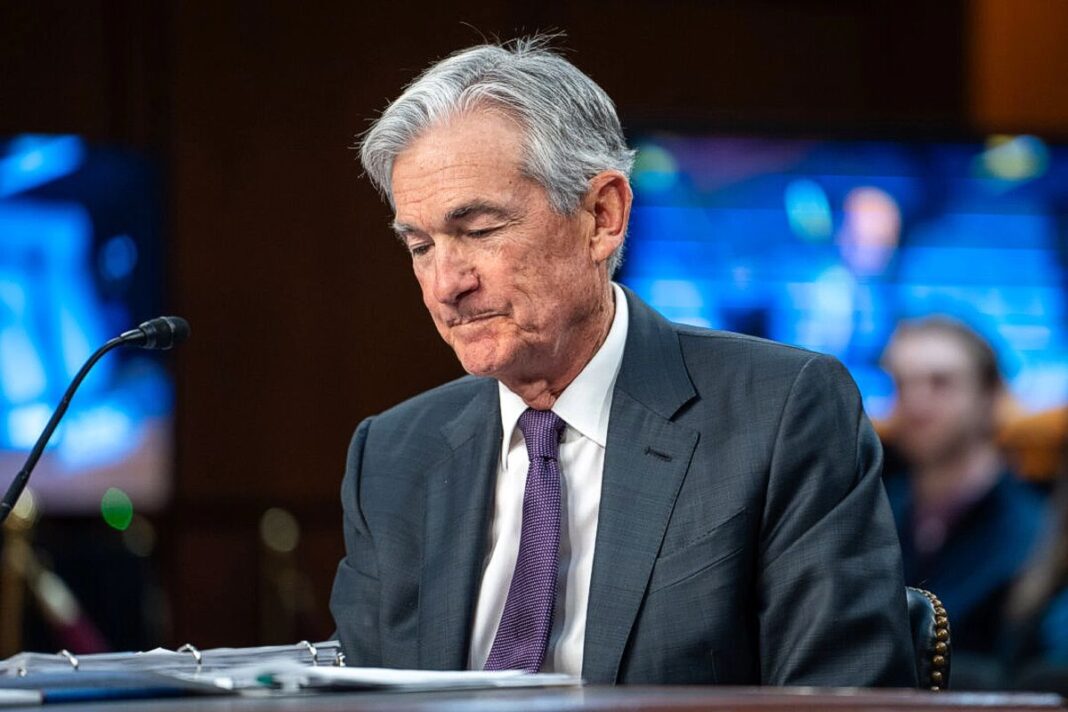Federal Reserve Chair Jerome Powell’s comments came as the central bank completes a monetary policy framework review.
A period of supply disruptions may reshape the U.S. economy, leading to unstable inflation and sustained higher interest rates, says Federal Reserve Chair Jerome Powell.
Powell appeared before the Thomas Laubach Research Conference in Washington on May 15 to discuss the U.S. central bank’s monetary policy framework review.
In prepared remarks, Powell said that the economic environment has drastically changed since the review was conducted in 2020.
At the onset of the coronavirus pandemic, the U.S. and global economy witnessed near-zero interest rates to cushion the pandemic era’s economic blows, leading to a prolonged period of above-trend inflation.
Five years later, long-term inflation expectations are well anchored and align with the central bank’s 2 percent objective. However, according to the Fed chief, it is unlikely that interest rates will flirt with near-zero rates again.
Reiterating comments about fundamental policy changes and the possibility of supply chain snafus, Powell remarked on the new challenges monetary policymakers face.
“Higher real rates may also reflect the possibility that inflation could be more volatile going forward than in the inter-crisis period of the 2010s,” Powell said.
“We may be entering a period of more frequent, and potentially more persistent, supply shocks—a difficult challenge for the economy and for central banks.”
Powell said that the Fed needs to maintain inflation expectations at 2 percent, a global standard for advanced economies’ central banks.
With the Federal Reserve System entrenched in a policy examination—an assessment completed every five years of the institution’s communication strategies, tools, and overall policy framework—central bank officials are pursuing different ways to communicate with the public.
“In periods with larger, more frequent, or more disparate shocks, effective communication requires that we convey the uncertainty that surrounds our understanding of the economy and the outlook,” Powell said.
“We will examine ways to improve along that dimension as we move forward.”
The Fed plans to complete its monetary policy review in September.
By Andrew Moran








